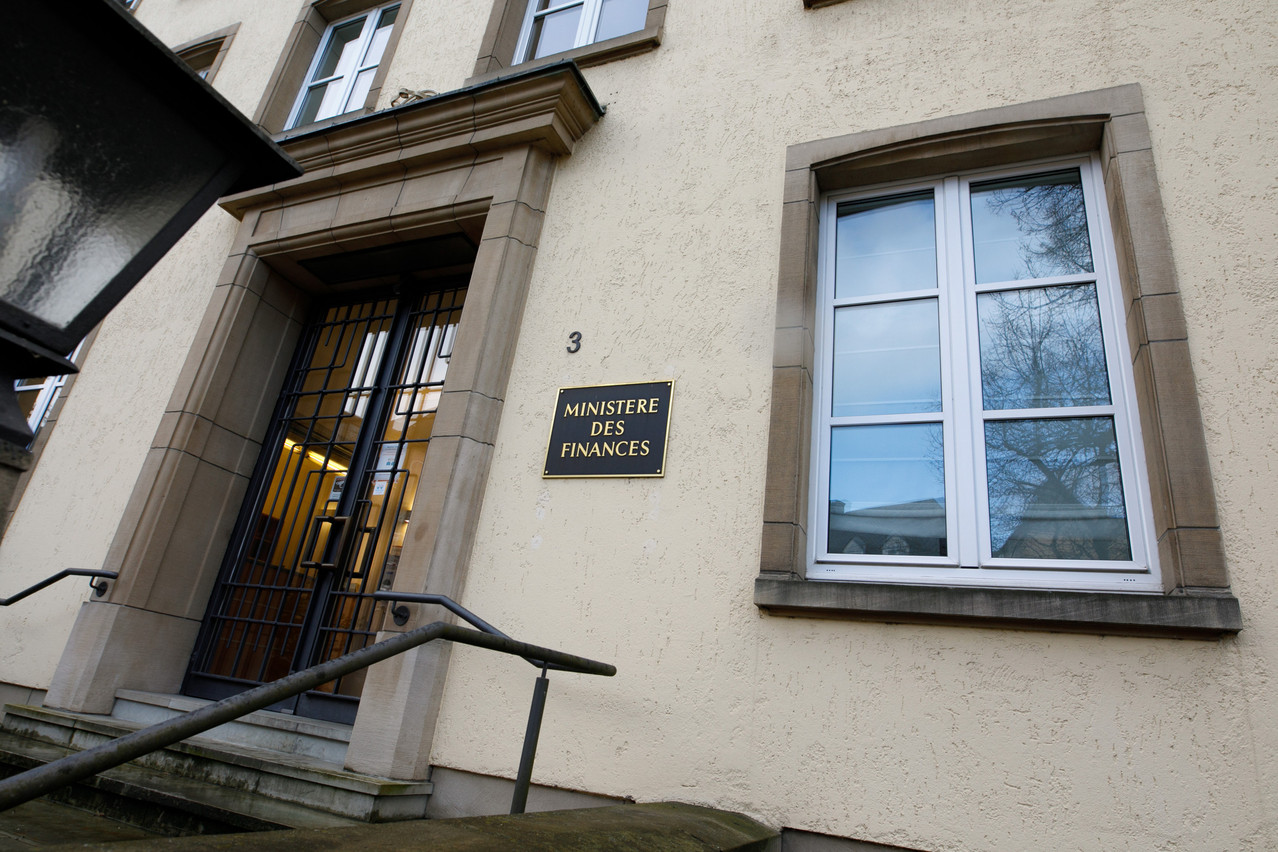At the heart of the CumEx scandal are trades in shares with (cum) and without (ex) dividend rights. High-speed trading before and after dividends meant multiple tax refunds were paid out despite only one party in the deal having paid the tax.
“As the result of the criminal investigations is not yet known, it is impossible at this stage to tell the exact amount of funds actually defrauded,” said (DP) in answer to a parliamentary question on Monday.
The Correctiv media consortium in October last year . This was significantly higher than a first estimate in 2018 of Luxembourg having been cheated out of €10m through the dubious trading practice, the scale of which was unveiled in October 2018 in the CumEx Files.
Correctiv said the money in Luxembourg could have paid for more flood aid, doubling child benefits for one year, giving €5,000 to all low-income people, investing 10% more in climate protection measures or hiring 485 new nurses.
Several CumEx trails lead to Luxembourg. Sanjay Shah, at the heart of the investigation by Correctiv, owned several shell companies in the grand duchy. And Luxembourg funds firm Sheridan--which has since ceased operations--traded with Swiss bank J. Safra Sarasin, which faces lawsuits from investors who say the lender did not inform them of the risks of this type of trading. Investors suffered losses as regulatory loopholes were being filled.
“Various files containing facts and items relating to reimbursements of withholding tax on capital income and likely to constitute cases of CumEx fraud have been reported by the tax authorities to judicial authorities for criminal prosecution,” Backes said.
The finance ministry has been largely mum on the scandal, previously saying tax secrecy does not allow authorities to discuss the case and that it was up to the public prosecutor to establish whether a criminal offence had been committed.
“Just as the Luxembourg state is obliged to collect the tax due, the taxpayer is likewise obliged to return any unduly obtained tax refund, which includes the reimbursement of capital income withholdings,” Backes said. “If the taxpayer does not comply after having been invited to do so, the state must proceed to the forced recovery of these funds by using all the ways and procedures reserved by law for this purpose.”
Correctiv estimates that worldwide, taxpayers were cheated out of €150bn and warns that the practice is still possible despite a regulatory crackdown.
